An Israeli military outpost in northern Gaza allowed a small group of international journalists, including NPR correspondent Daniel Estrin, to enter the Gaza Strip on Wednesday, nearly a month into the ceasefire. This marked the first time Estrin had entered Gaza since the war began two years ago. The group stood at the edge of the outpost, looking out at the destroyed Shujaiya neighborhood outside Gaza City, a scene that was once a bustling area.
According to Estrin, the neighborhood was particularly hard hit by the conflict, with entire blocks reduced to rubble. "It's utterly quiet in a place once known as one of the most densely populated in the world," Estrin said, describing the scene. "The silence is deafening, and it's a stark reminder of the devastation that's been wrought here."
The Israeli military's decision to allow international journalists into Gaza comes as the international community continues to grapple with the humanitarian crisis in the region. The war has left thousands of Palestinians homeless, and the economy is in shambles. The Israeli military's actions have been widely criticized by human rights groups, who argue that the blockade and military actions have caused unnecessary suffering.
Estrin's journey into Gaza is a rare opportunity for journalists to report from the ground, and it provides a glimpse into the lives of Palestinians who have been affected by the conflict. "As a journalist, it's essential to see the human impact of the conflict," Estrin said. "It's not just about numbers and statistics; it's about the people who are living through this."
The Israeli military's decision to allow international journalists into Gaza is seen as a step towards greater transparency and accountability. However, many Palestinians remain skeptical, arguing that the Israeli military's actions are still not transparent enough. "We need to see more than just a few journalists being allowed into Gaza," said a Palestinian official, who wished to remain anonymous. "We need to see a genuine commitment to transparency and accountability from the Israeli military."
The current situation in Gaza remains precarious, with many Palestinians still living in fear of further violence. The international community continues to call for a lasting ceasefire and a resolution to the conflict. As Estrin noted, "The situation in Gaza is complex and multifaceted, and it will take time and effort to resolve."
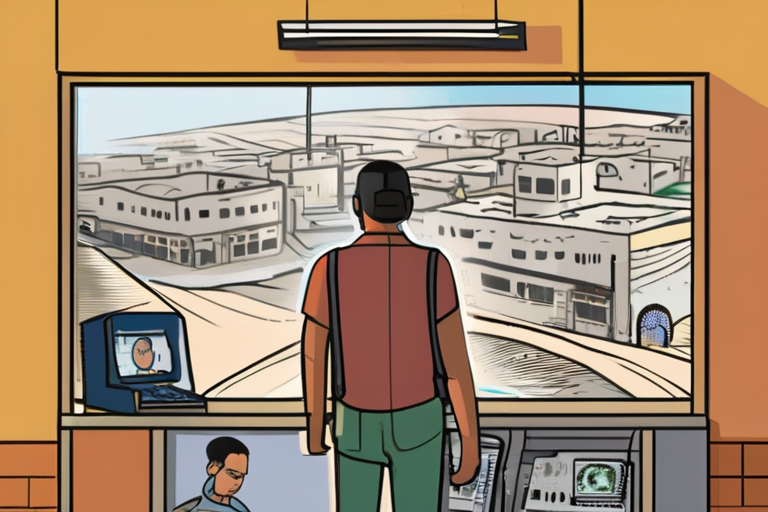


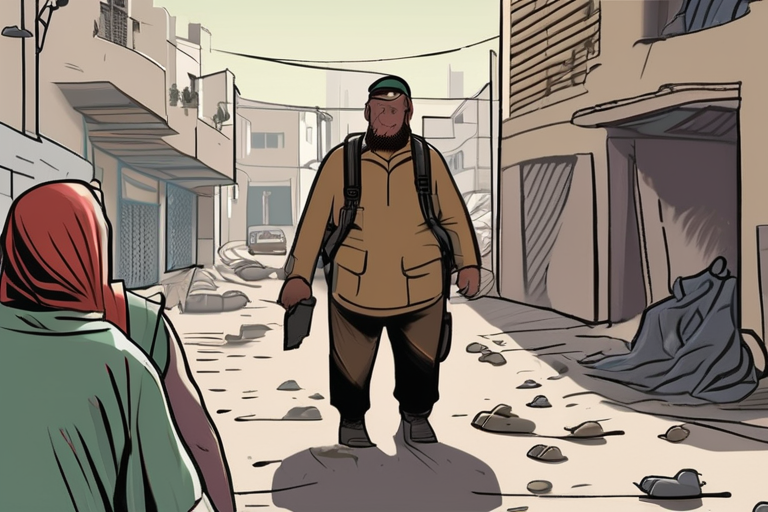
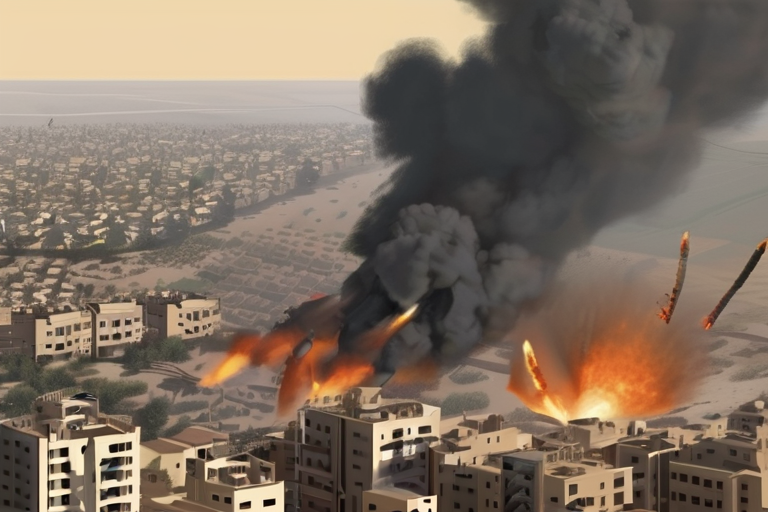
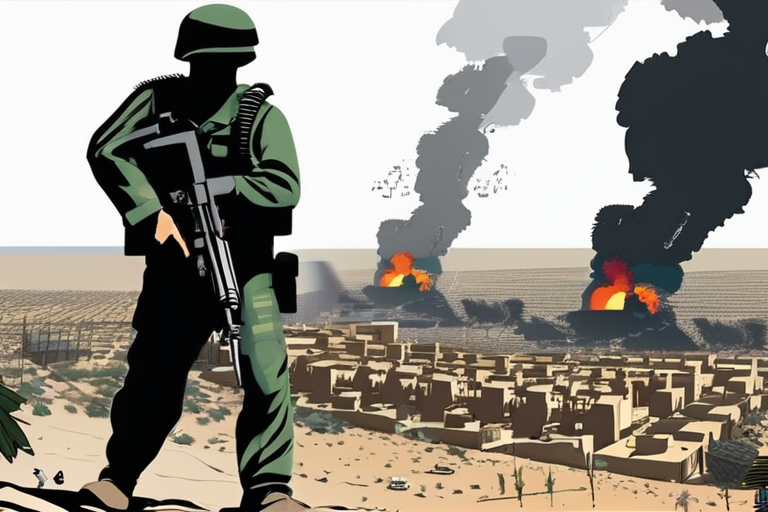
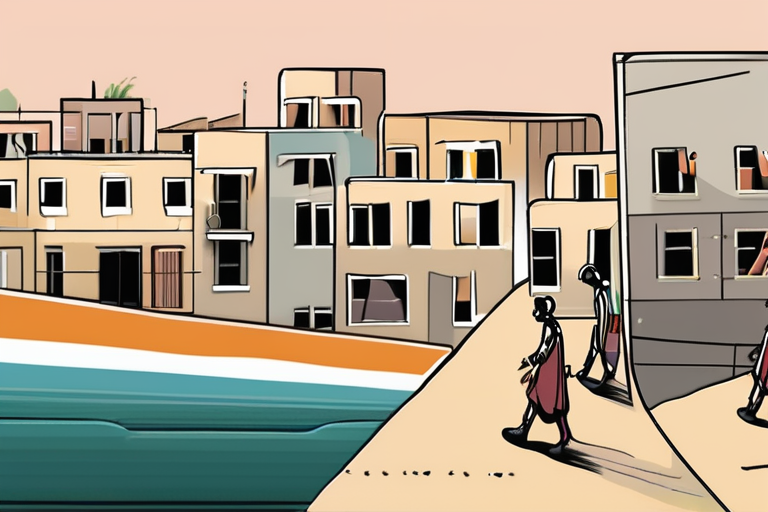
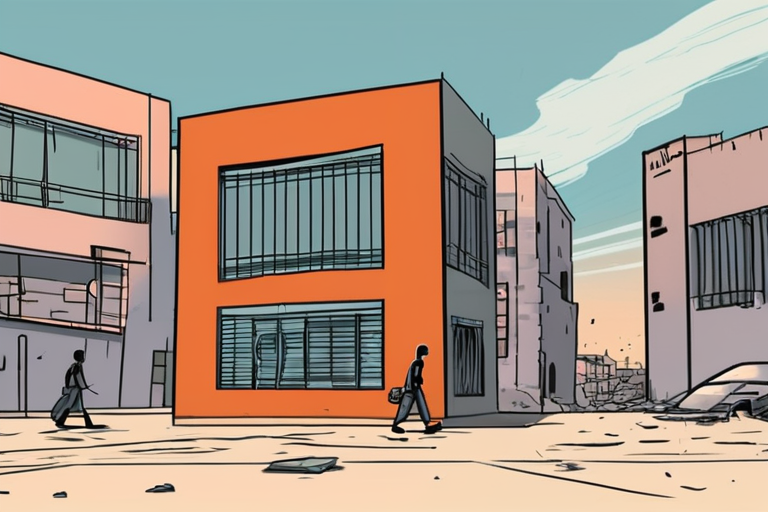
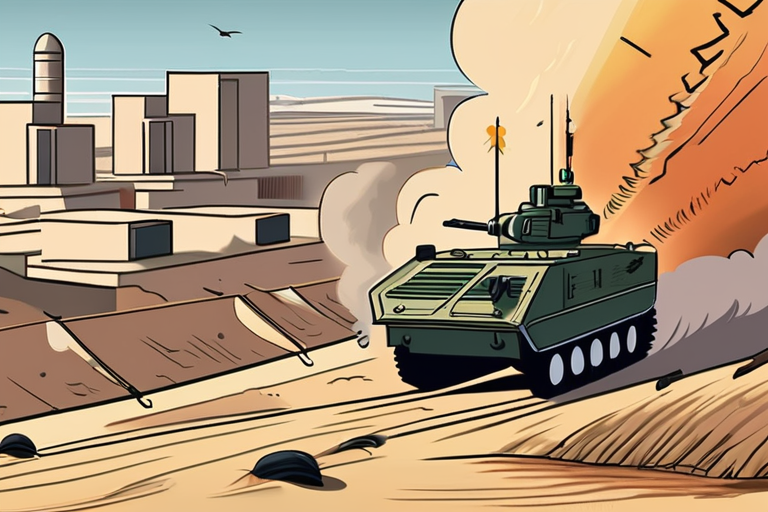
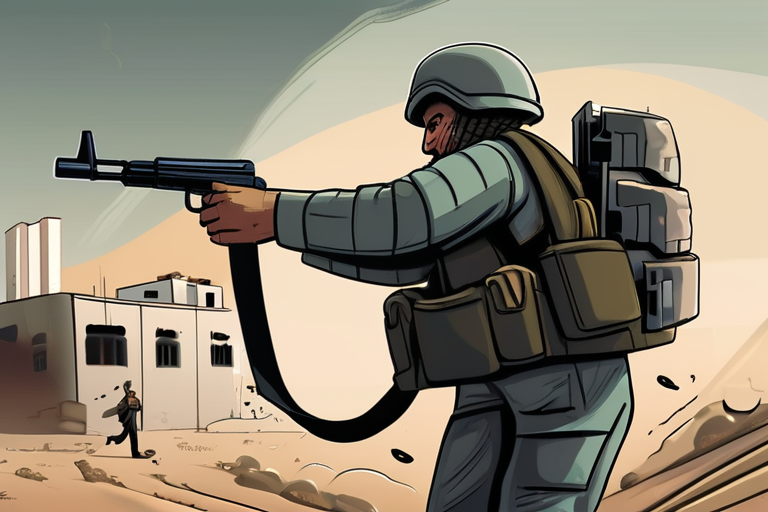
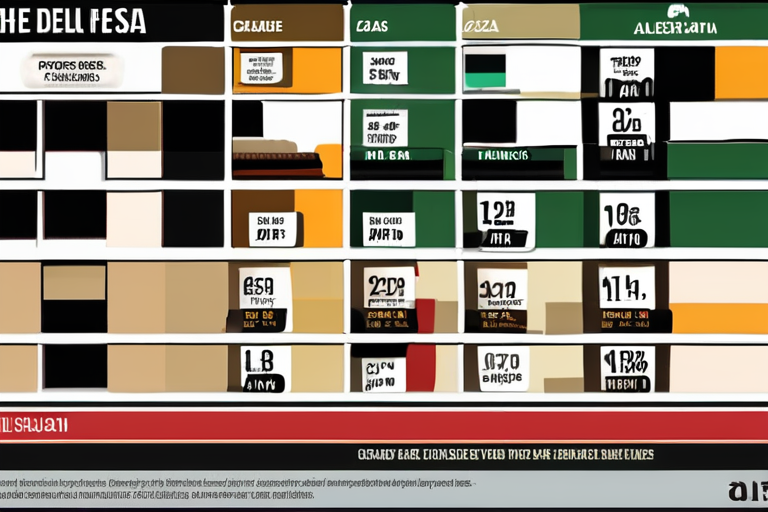
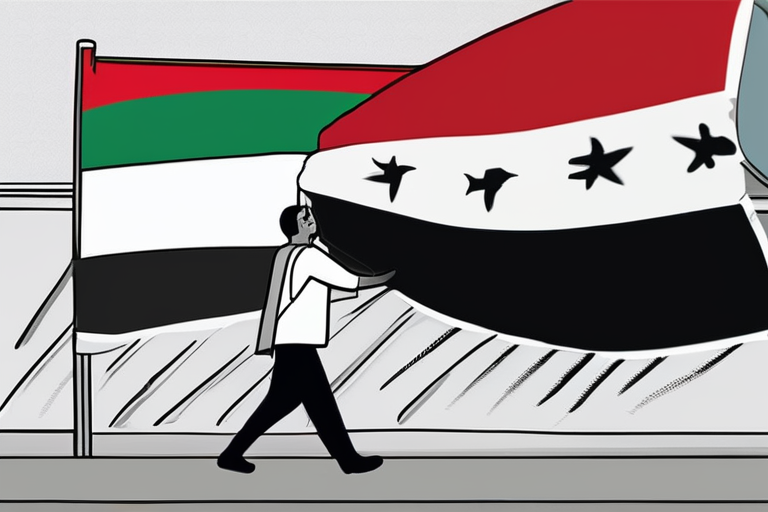
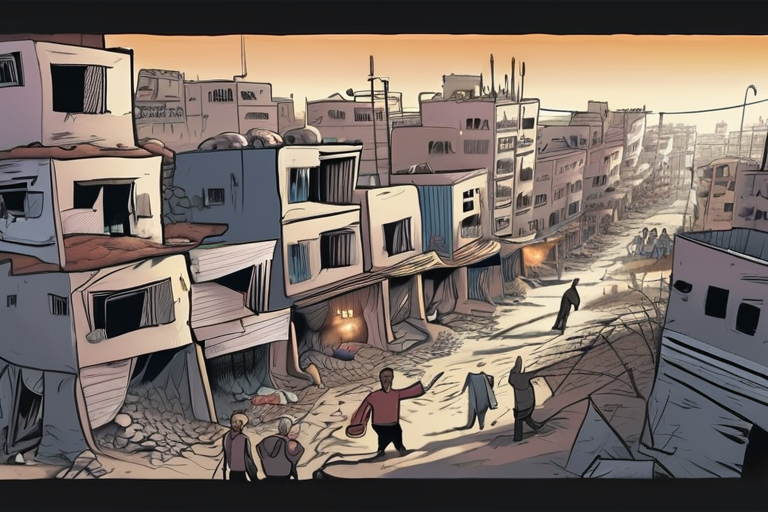
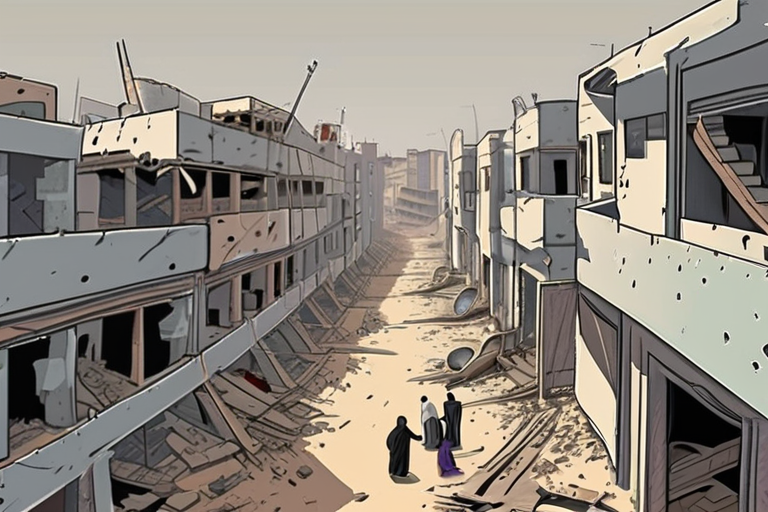

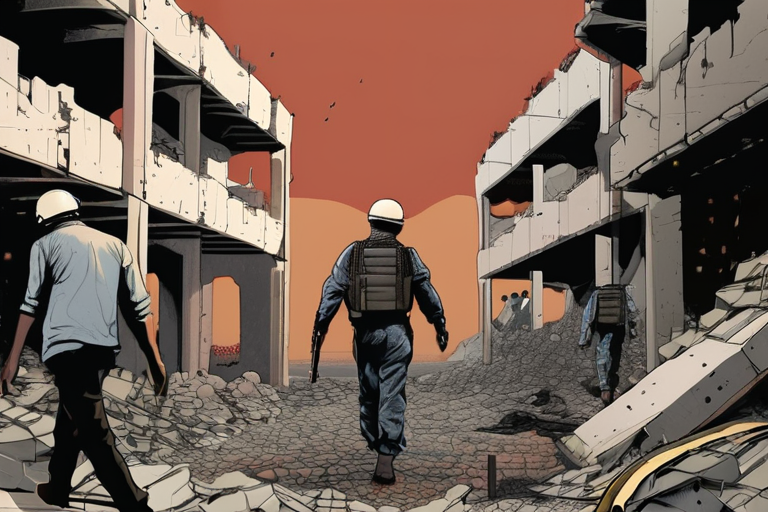
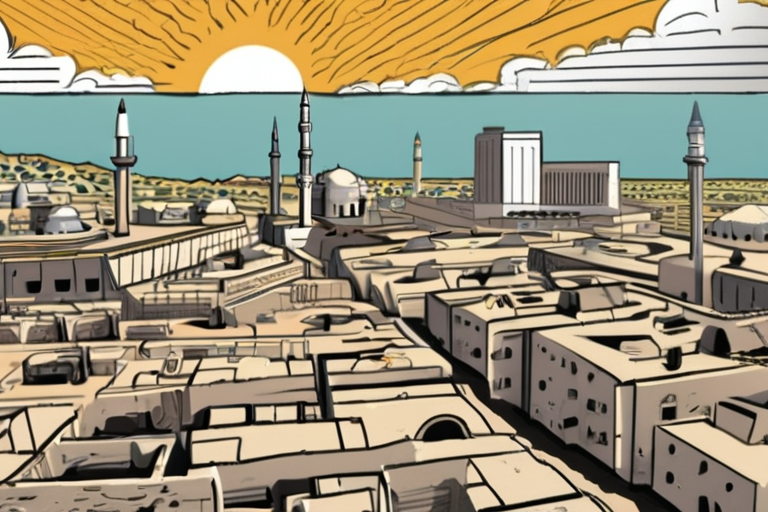
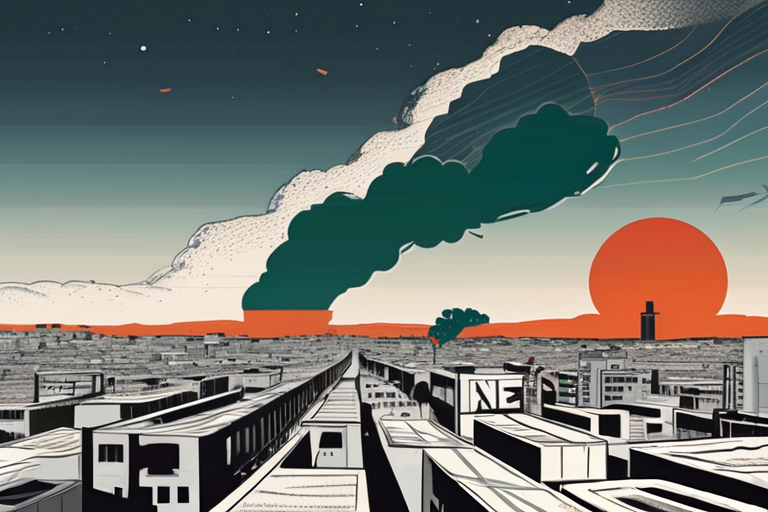
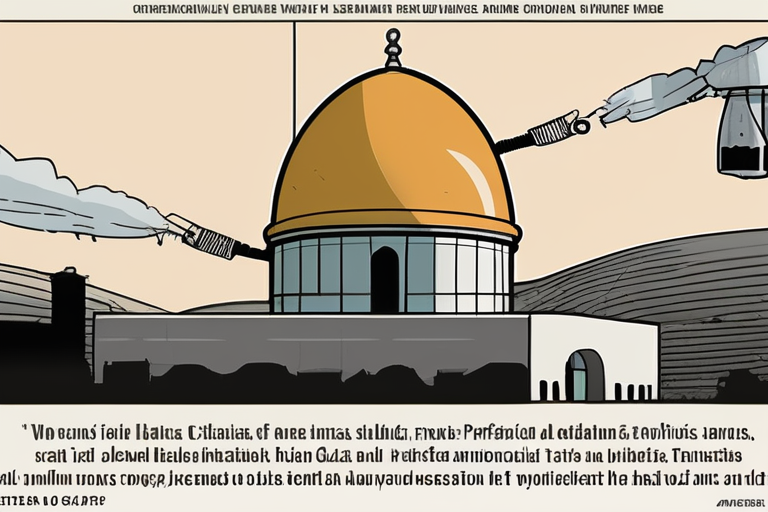
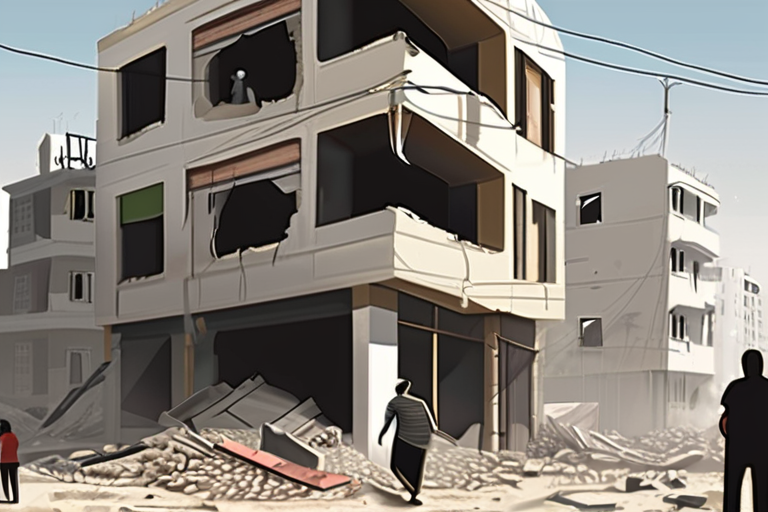
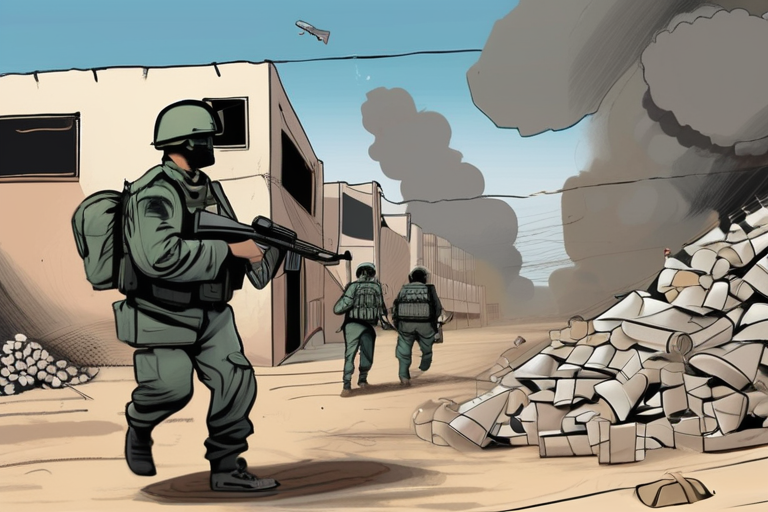
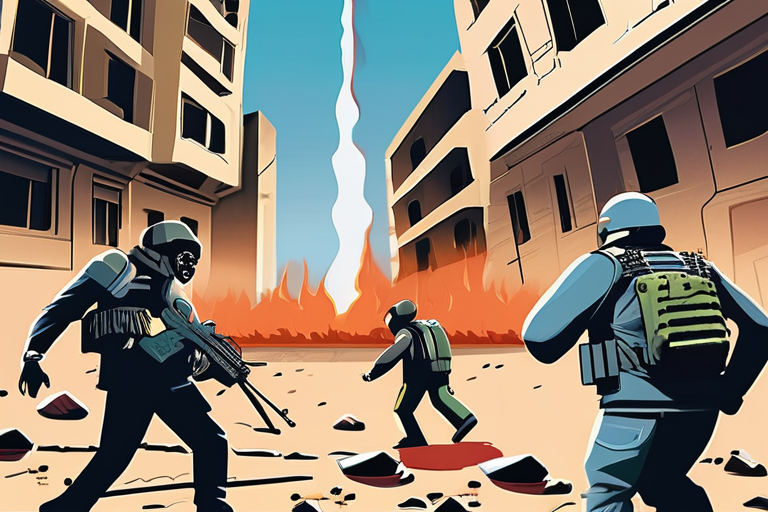

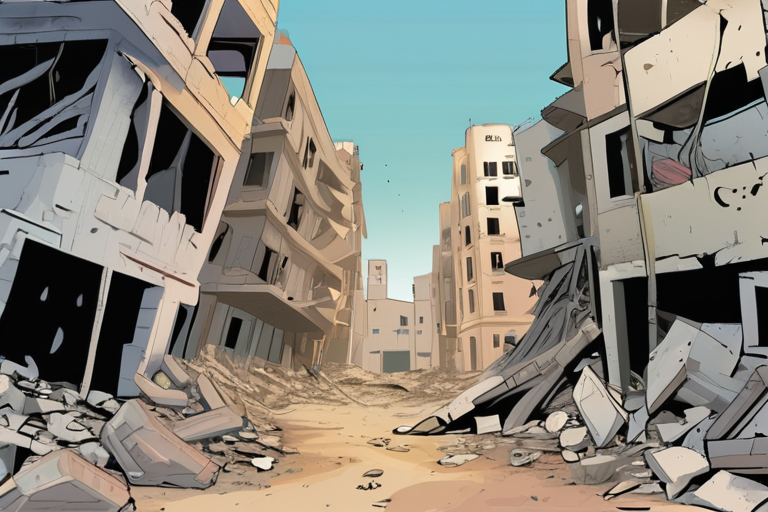
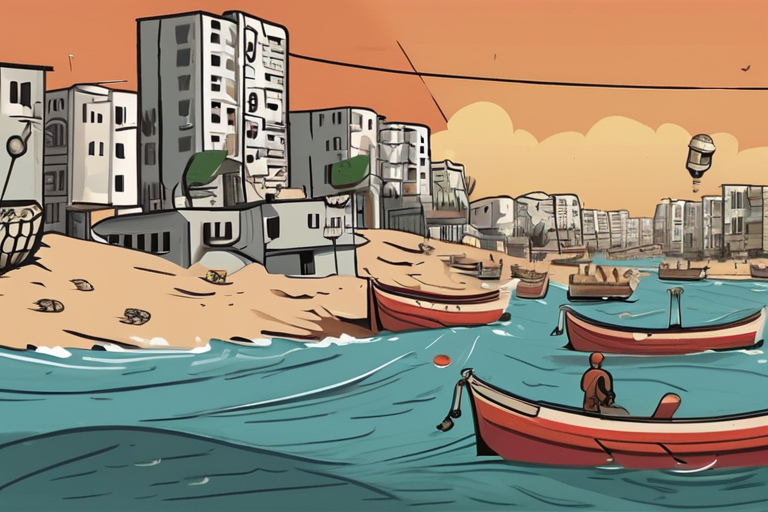
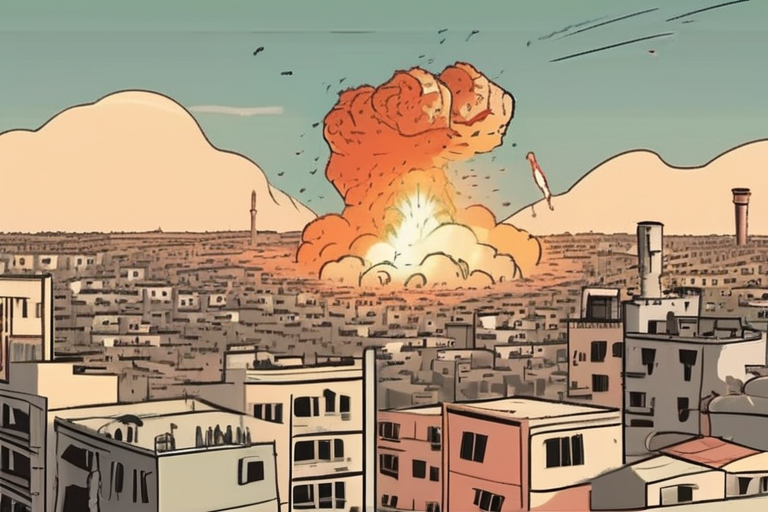
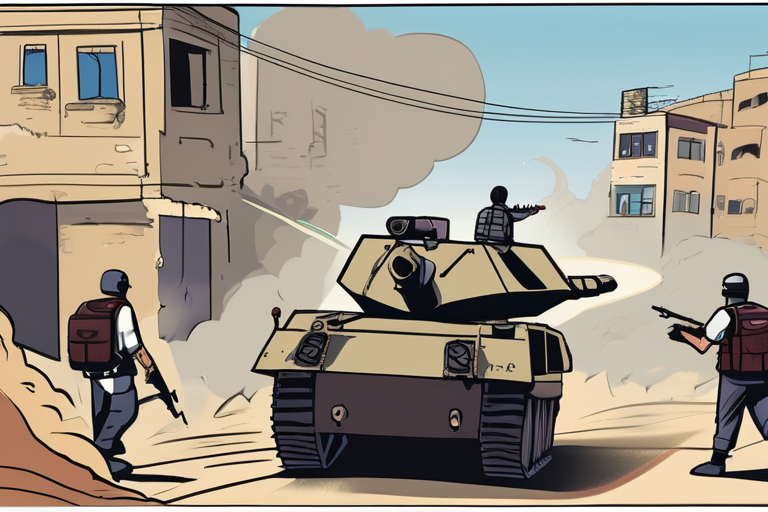
Share & Engage Share
Share this article